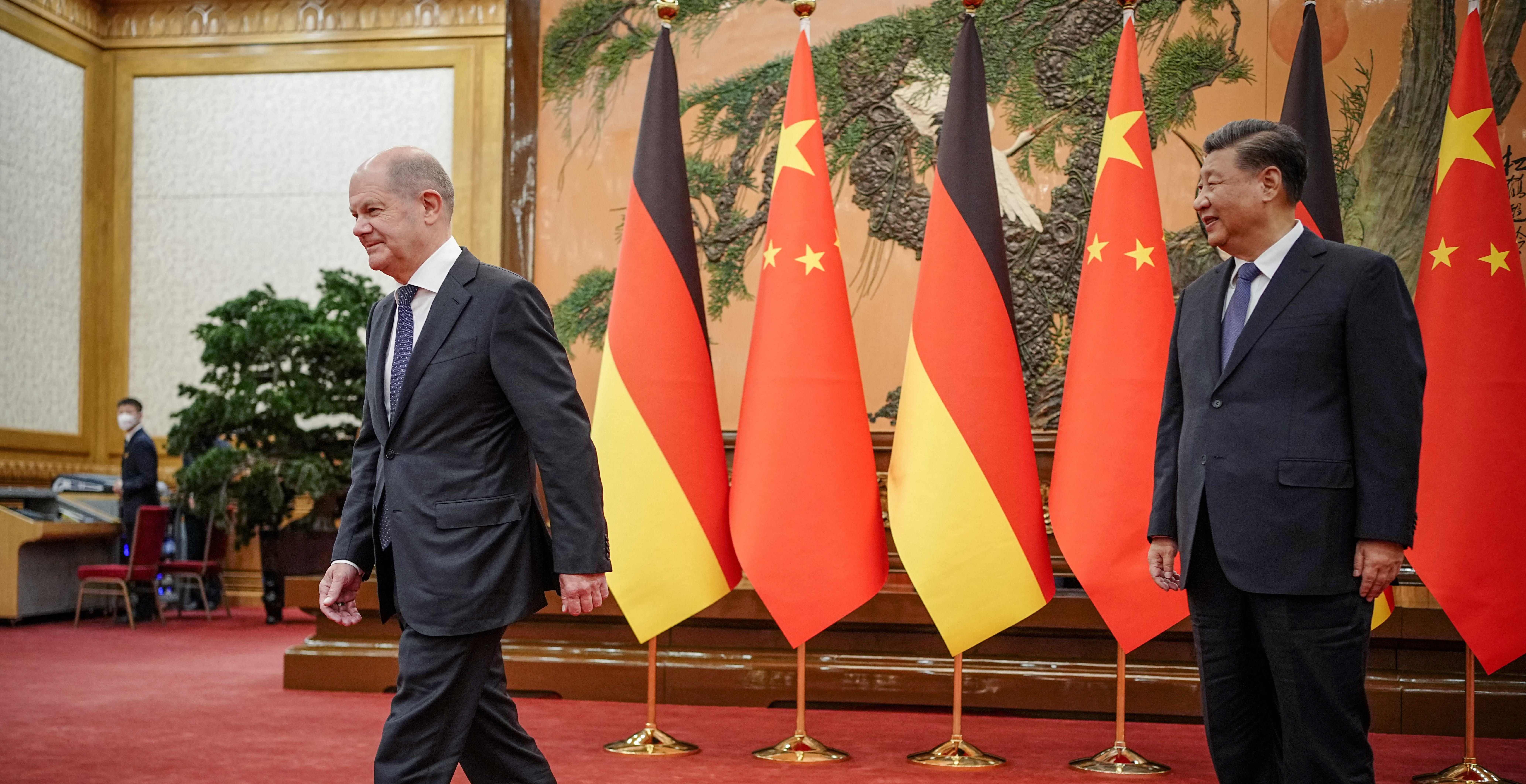There are growing rifts within the European Union, beginning with Franco-German disagreements about energy and a common policy towards China — a disagreement now so serious that a meeting between President Macron and Chancellor Scholz was almost cancelled. Poland, the most powerful Eastern European member of the Union, is in an open dispute with Brussels since the European Commission refuses to approve financial transfers to Warsaw for a supposed lack of democratic standards. This is a situation approaching the ongoing standoff between the Commission and Hungary’s Viktor Orbán. Simultaneously, Poland is demanding €1.3bn from Berlin as reparations for the Second World War.
Even in the conflict with Russia, unity is more a slogan than a reality. The Netherlands, for example, has secretly granted almost 100 exemptions from EU-imposed sanctions for Dutch companies that do business with Russian counterparts. Germany cannot provide ammunitions for weapons systems it delivered to Ukraine, as they are partly coming from Switzerland (which is not an EU member state), and Bern refuses to allow the re-export of Swiss made ammunitions due to concerns regarding its neutrality.
None of this bodes well for European ambitions of becoming a strategically autonomous geopolitical actor, and the situation is getting worse. In light of the growing tensions between the US and China, the Biden Administration has decided to make the United States less dependent on global supply chains and reshore strategically important industries.
These industries include electric vehicles and the production of equipment for renewables, areas in which Europe was hoping to build up a new export industry. Despite the aforementioned disagreements, opposing the new direction of American industrial policy has had some unifying effect on France and Germany, with both countries warning of a potential trade war between the US and the EU.
This is, however, highly unlikely. At the moment, the Europeans find themselves at the mercy of the US to alleviate their energy shortages. In addition to mild temperatures in October and early November, it has been US liquefied natural gas (LNG) that kept the EU from freezing. Even so, energy prices still remain almost six times higher than in the US, and industries on the old continent are either pausing production or ceasing operations entirely.
The dreams of Brussels and Berlin to become the world’s leading exporters of electric vehicles is not feasible without semiconductors, minerals, and abundant energy — all things that Europe lacks as a consequence of its own policy mistakes. Reforms in their education systems, fewer bans on mining and drilling, and a belated embrace of nuclear energy could have created all the necessary conditions to become a true competitor in the fields of the future. Unfortunately, Europeans missed every opportunity to challenge Asia and the United States in the hi-tech arena.
What these developments reveal is how far the European economy has been depending on Washington’s global hegemony and willingness to maintain an international order based on free trade. As long as Washington provided a de facto security guarantee for its European allies, geopolitics became a non-term for governments from Portugal to Germany.
Dependency on Russian energy or Chinese markets was seen as unproblematic, because nobody in Europe seriously believed that a world order on economic integration would ever be challenged. Now this past naivety demands a price, and it does not look as if Europe is in the best position to meet it.











Join the discussion
Join like minded readers that support our journalism by becoming a paid subscriber
To join the discussion in the comments, become a paid subscriber.
Join like minded readers that support our journalism, read unlimited articles and enjoy other subscriber-only benefits.
Subscribe